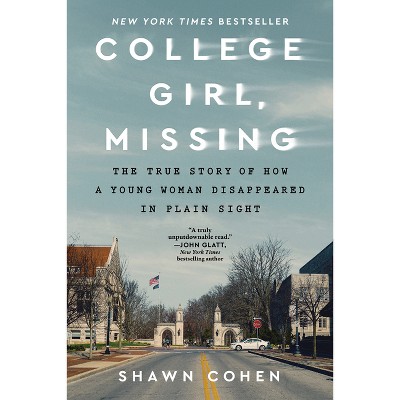About this item
Highlights
- How did Caribbean rituals helped form new currents in the performing and visual arts of the United States?
- About the Author: Lydia Platón Lázaro teaches at the University of Puerto Rico at Río Piedras.
- 197 Pages
- Performing Arts, Dance
Description
About the Book
"How did Caribbean rituals helped form new currents in the performing and visual arts of the United States? This book answers this question through an examination of the Caribbean-inspired dance creations of dancer/choreographer Katherine Dunham and the experimental films of avant-garde filmmaker Maya Deren. An intercultural discussion that refers to alternative subjectivities for black dancing bodies within the existing paradigms of the American public, Plataon Laazaro reflects on the cultural discourses in the two contemporary artistic fields of dance and film. "--Book Synopsis
How did Caribbean rituals helped form new currents in the performing and visual arts of the United States? This book answers this question through an examination of the Caribbean-inspired dance creations of dancer/choreographer Katherine Dunham and the experimental films of avant-garde filmmaker Maya Deren.Review Quotes
"Lydia Platón Lázaro has performed a defiant itinerary of her own by carrying out a Caribbean-centered reading of Katherine Dunham's and Maya Deren's groundbreaking work within Caribbean and North American and European modernities, thus revaluing it and its use of Afro-Caribbean expressions taken as primitivistic or derivative. Tropes, forms, and rites that mean one thing in the Caribbean and another in the US and Europe are analyzed with the same subtlety and complexity as the artist-scholars themselves displayed." - Susan Homar, author of "Contemporary Dance in Puerto Rico, or How to Speak of These Times", in Making Caribbean Dance: Continuity and Creativity in Island Cultures by Susanna Sloat
"What fascinates about Defiant Itineraries is the deconstructive mediation and transformation of the normative ideology of colonial domination with its resultant cultural practices that invent the encased and categorized subject, the exotic Other. Underneath all else, Defiant Itineraries does more than trace the development of modern dance and film forms from fieldwork experiences in Haiti to the professional stage and the cult film archive. It asks, what can Haiti teach us? What should we be learning from the richness of Haitian - and Caribbean - culture?" - Lowell Fiet, Director, Institute of Caribbean Studies, University of Puerto Rico
"This book creates vital intellectual bridges between the fields of Caribbean Studies, Dance History, Film Studies, Performance Theory, and Critical Race Studies. Platón Lázaro's project makes tangible the complexities at stake in the theorizing and historicizing of cross-cultural dialogues taking place in the Américas. Her comparative approach to the works of US artists Katherine Dunham and Maya Deren in the context of the Caribbean further strengthens contemporary understandings of the transnational dynamics and exchanges that characterize this geopolitical area." - Gilberto M. Blasini, Associate Professor, University of Wisconsin-Milwaukee, USA
About the Author
Lydia Platón Lázaro teaches at the University of Puerto Rico at Río Piedras.











